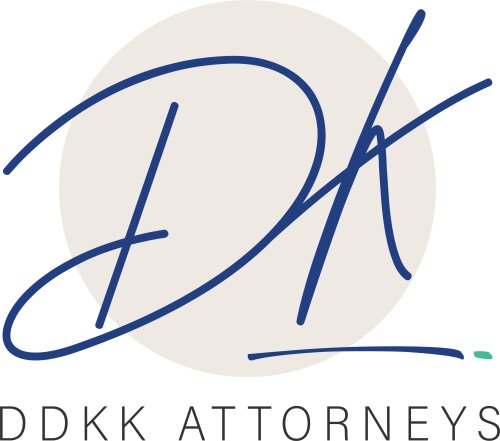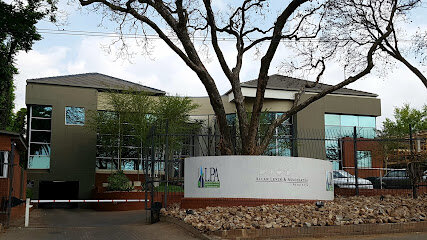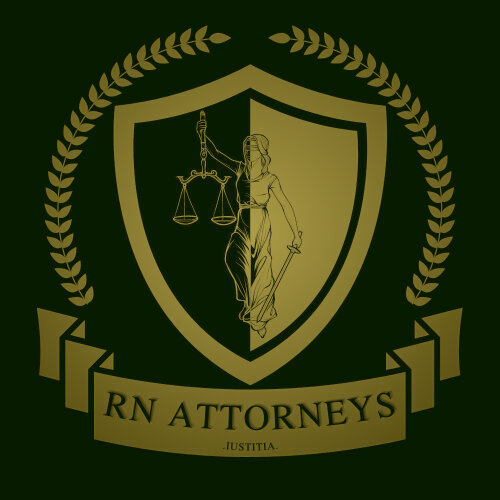Best Class Action Lawyers in South Africa
Share your needs with us, get contacted by law firms.
Free. Takes 2 min.
Or refine your search by selecting a city:
List of the best lawyers in South Africa
About Class Action Law in South Africa
In South Africa, class action lawsuits provide a mechanism for a large group of people who have been similarly affected by a wrongdoing to file a case collectively. This legal process is especially useful when individual claims are not economically viable due to the costs involved. Class actions are typically used in cases where many people have suffered harm by the actions or negligence of a corporate entity, public body, or other large organization. The concept gained formal recognition in South Africa with the introduction of the Constitution, which emphasizes access to justice for all, including provision for class actions.
Why You May Need a Lawyer
Class action lawsuits can be complex and require specialized legal expertise for several reasons. You may need a lawyer if you find yourself in any of the following situations:
- If you've been wronged by a large corporation or entity, and others have faced similar issues.
- If the harm caused is widespread among a group of people, such as consumers, employees, or community members.
- If the individual claims are too small to warrant separate lawsuits due to cost considerations.
- If you want to challenge unfair practices that affect a large number of people systematically.
Local Laws Overview
The key legislative frameworks in South Africa governing class actions are derived from the Constitution, the Consumer Protection Act, and the Companies Act. The South African Legal System became more amenable to class actions after the Asbestos Case and the more recent Silicosis Case, which set precedents for collective redress.
A unique aspect of South African class action law is that a court must certify a class action. This means a judge must approve the lawsuit as a class action, ensuring it meets criteria around commonality of issues, adequacy of representation, viability, and that it is the most appropriate means of resolution.
Frequently Asked Questions
What is a class action lawsuit?
A class action lawsuit is a legal action where a group of people collectively bring a claim to court, typically against a company or organization for common grievances.
How do I know if I qualify to join a class action?
You may qualify if you've suffered harm from the same entity and circumstances as others involved in the class action. A legal professional can help assess your situation.
What are the benefits of joining a class action?
Joining a class action can provide the advantage of sharing legal costs among many plaintiffs, increased leverage in negotiations, and a structured legal process.
How long does a class action take?
The duration can vary greatly depending on the complexity of the case, the number of plaintiffs, and the court's schedule, sometimes taking several years to resolve.
Will joining a class action cost me money?
Often, law firms handle class actions on a contingency basis, meaning you may not need to pay upfront fees, but instead share a portion of any settlement or award.
What if I want to pursue individual claims instead of joining the class action?
You generally have the option to opt-out of a class action to pursue individual claims, although consultation with a lawyer is advised to weigh your options.
What role does a judge play in a class action in South Africa?
The judge is responsible for certifying the class action, ensuring fair proceedings, and approving any settlements reached between parties.
Can a class action be settled out of court?
Yes, many class actions are settled out of court rather than going through a full trial process, subject to judicial approval to ensure fairness to all class members.
What happens if the class action loses?
If a class action is unsuccessful, the plaintiffs typically would not receive a settlement, but they usually do not have to pay the defendant's legal costs.
Are class actions common in South Africa?
While class actions are more familiar in jurisdictions like the United States, their use in South Africa is increasing as awareness grows and legal frameworks develop.
Additional Resources
For more information and assistance, consider reaching out to these resources:
- South African Law Society
- Legal Aid South Africa
- Consumer Protection Bureau
- Law schools and legal clinics in local universities
- Non-profit organizations focusing on consumer rights and social justice
Next Steps
If you believe you are a part of a group that has been wronged and wish to explore the option of a class action, take the following steps:
- Document all relevant information and evidence related to your case.
- Seek legal advice from a lawyer experienced in class action matters to evaluate your case.
- Discuss with the lawyer the feasibility of the class action route and understand the potential costs and outcomes.
- Consider finding other individuals who may have been similarly affected to strengthen your collective case.
- If appropriate, join or initiate a class action by following the legal procedures outlined by your lawyer.
Lawzana helps you find the best lawyers and law firms in South Africa through a curated and pre-screened list of qualified legal professionals. Our platform offers rankings and detailed profiles of attorneys and law firms, allowing you to compare based on practice areas, including Class Action, experience, and client feedback.
Each profile includes a description of the firm's areas of practice, client reviews, team members and partners, year of establishment, spoken languages, office locations, contact information, social media presence, and any published articles or resources. Most firms on our platform speak English and are experienced in both local and international legal matters.
Get a quote from top-rated law firms in South Africa — quickly, securely, and without unnecessary hassle.
Disclaimer:
The information provided on this page is for general informational purposes only and does not constitute legal advice. While we strive to ensure the accuracy and relevance of the content, legal information may change over time, and interpretations of the law can vary. You should always consult with a qualified legal professional for advice specific to your situation.
We disclaim all liability for actions taken or not taken based on the content of this page. If you believe any information is incorrect or outdated, please contact us, and we will review and update it where appropriate.
Browse class action law firms by city in South Africa
Refine your search by selecting a city.















